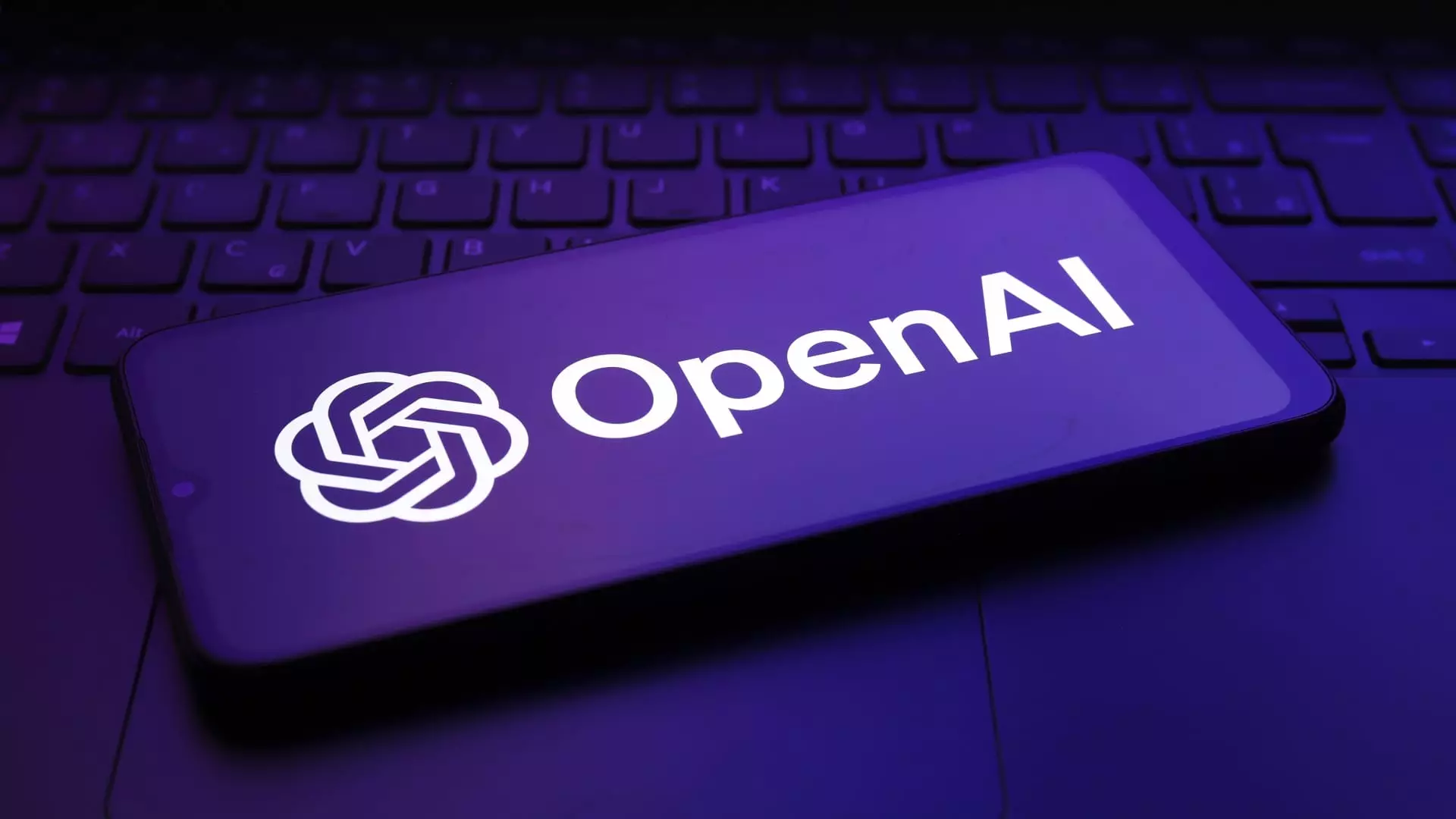In a heartbreaking turn of events, Suchir Balaji, a former researcher at OpenAI, was discovered deceased in his San Francisco apartment recently. At just 26 years old, Balaji had already made a name for himself in the rapidly evolving field of artificial intelligence (AI). His untimely death has not only shocked those who knew him but has also raised serious questions regarding the ethical implications of AI technology and its industry practices.
Balaji had left OpenAI earlier in the year, citing ethical concerns related to the company’s development of its widely popular product, ChatGPT. Reports indicate that he was particularly vocal about his belief that OpenAI might have breached U.S. copyright law in the process of training its models. This aspect of his dismissal from the organization hints at deeper issues regarding intellectual property and accountability in AI technology, an area that warrants further public discourse.
According to official statements, the cause of Balaji’s death has been ruled a suicide. The San Francisco Police Department’s initial investigations found no evidence of foul play, indicating a tragic ending to a life burdened by the moral complexities of modern technology. The police were compelled to conduct a welfare check after concerns had been raised, ultimately leading to this sorrowful discovery. Such circumstances highlight the mental strain that can accompany high-pressure roles in tech, especially when the work you are doing collides with longstanding ethical paradigms.
Balaji’s advocacy for ethical considerations in artificial intelligence was made public in an October article from The New York Times, where he voiced his fears over the impacts of AI, specifically citing how tools like ChatGPT could undermine the livelihood of content creators. He succinctly articulated his stance, stating, “If you believe what I believe, you have to just leave the company.” This statement resonated deeply with many in the tech community, reflecting a growing unease over the ramifications of AI applications on traditional industries.
Balaji’s tragic fate poses challenging questions about how society values and protects intellectual property in an era dominated by rapid technological advancement. The ramifications of AI models like ChatGPT extend beyond immediate financial concerns; they challenge existing norms about authorship, ownership, and fair compensation for creators.
In the aftermath of this tragedy, OpenAI expressed its sorrow, emphasizing a commitment to mourning the loss of one of its former researchers while also grappling with ongoing legal disputes pertaining to alleged copyright infringement. The company, along with its major investor, Microsoft, faces multiple lawsuits from publishers and creators alleging that their proprietary works are being used without consent for AI training purposes.
CEO Sam Altman has previously stated, “We actually don’t need to train on their data,” signaling a disconnect between the company’s operational decisions and the concerns raised by Balaji and others. This tension reflects a critical juncture in AI development, where ethics must be carefully balanced with innovation and profitability.
The loss of Suchir Balaji serves as a devastating reminder of the human element behind technology. As the field of AI continues to expand rapidly, it is imperative that industry leaders amplify the conversations around ethical standards and accountability. The interplay between innovation and ethics is not merely an academic discussion but a vital aspect of responsible technological development. Balaji’s life and the circumstances surrounding his passing should inspire a deeper understanding of the implications of AI and a commitment to fostering an industry that prioritizes human welfare alongside technological progress.

